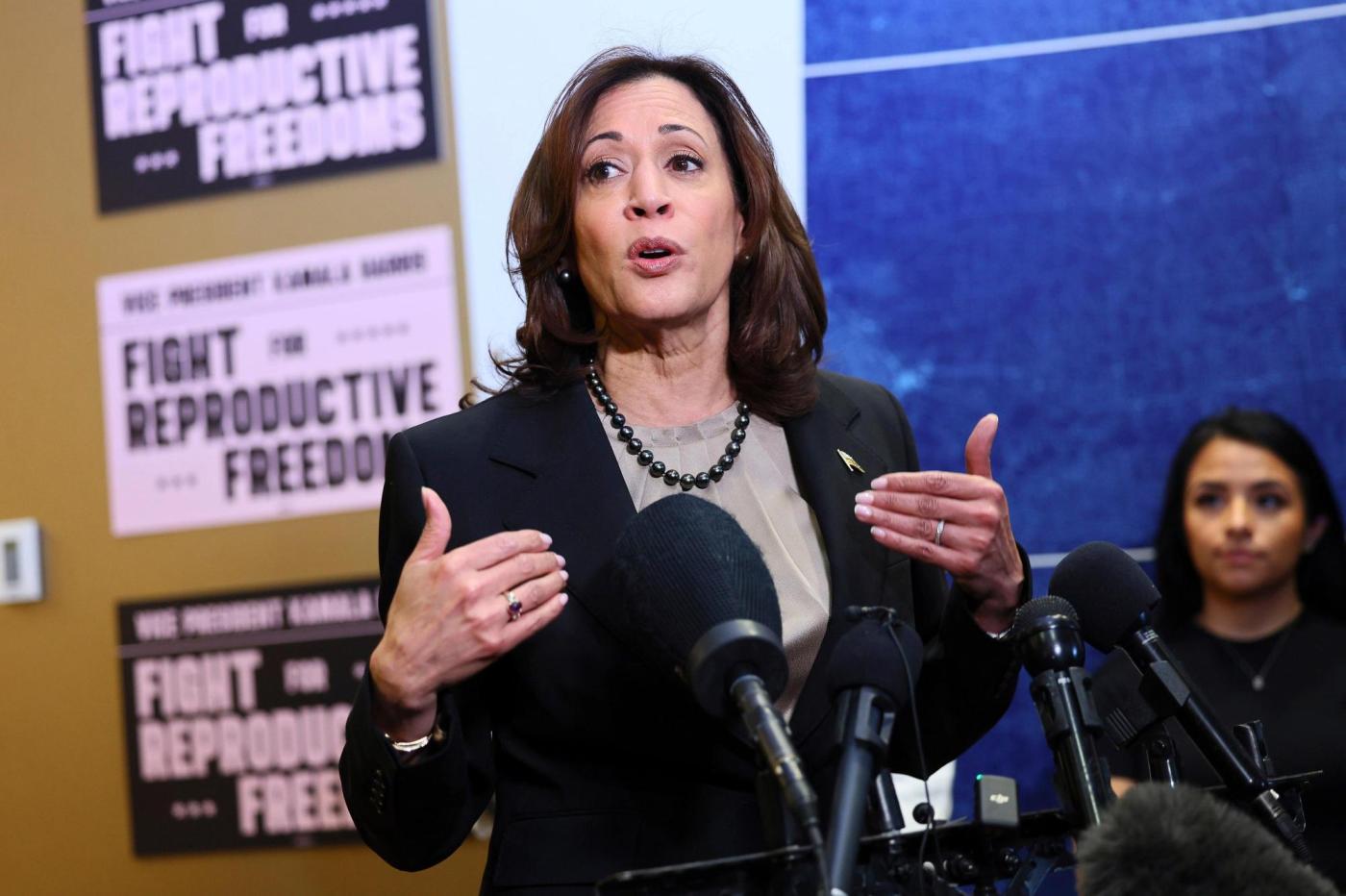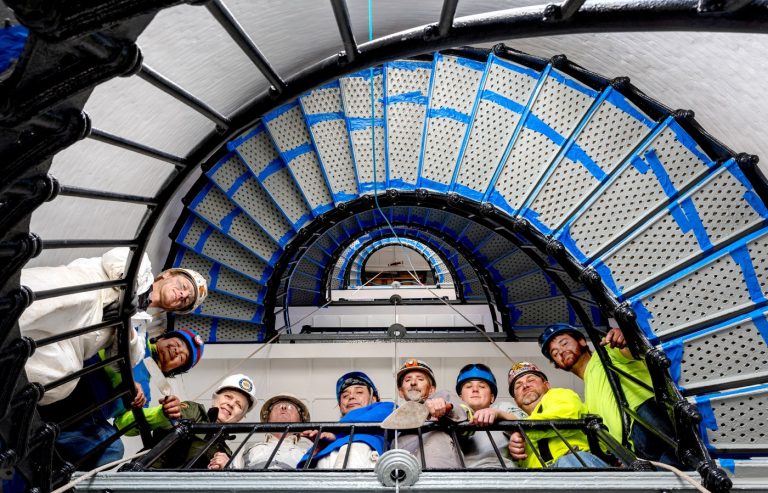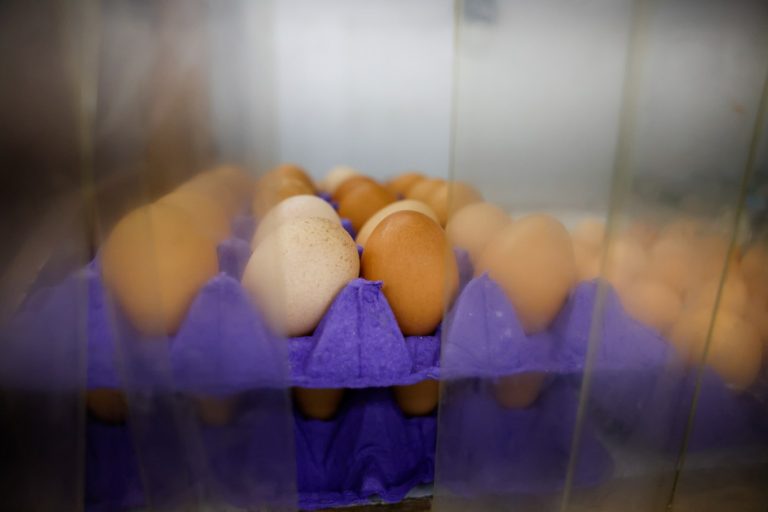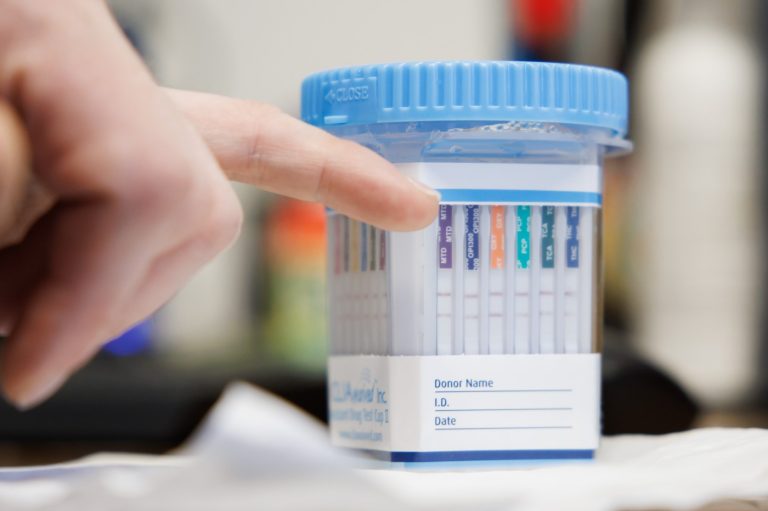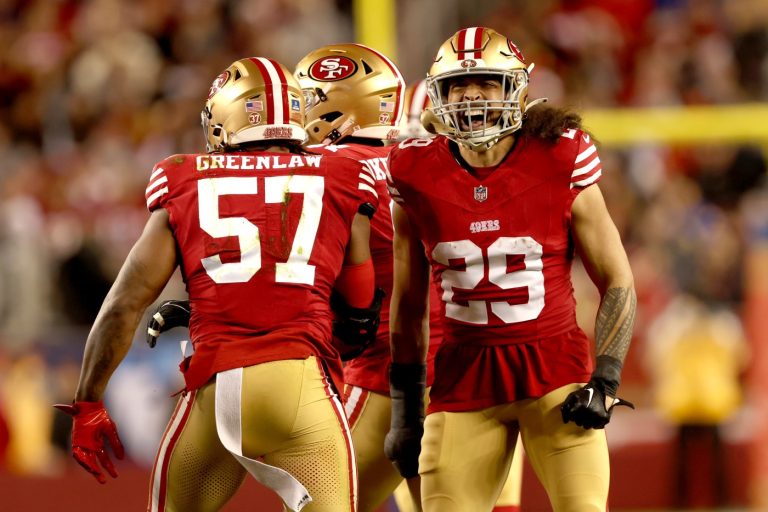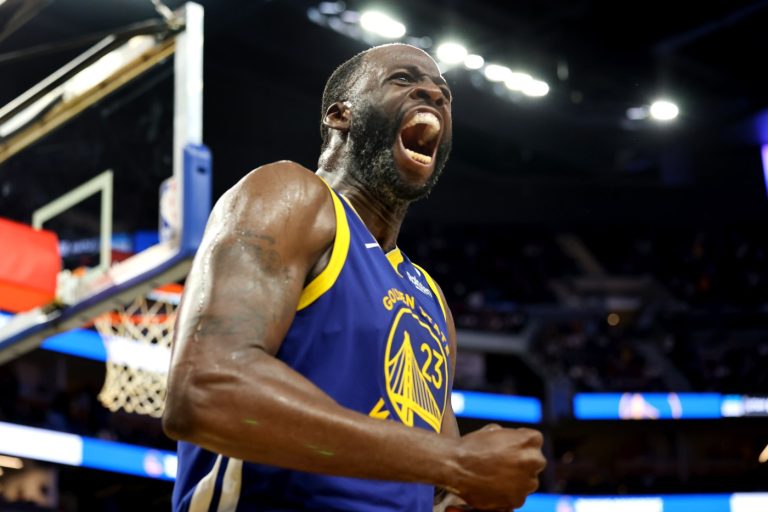President Joe Biden faces a problem with no solution. No interview or speech will convince a doubtful public that he is still fit to serve. Perceptions of him had years to harden. In June 2020, 36% of voters said Biden was too old to serve. By 2024, that number had roughly doubled. In the New York Times/Siena poll conducted in February, 73% said he was “too old to be an effective president.” In the April poll, 69% said the same. In the June poll, 70%. After the debate, 74%.
The debate didn’t change what voters believed about Biden. The debate made it impossible for the Democratic Party to continue ignoring what voters already believed about Biden.
And make no mistake: They were ignoring it. After calling for Biden to step aside in February, I had a lot of conversations with top Democrats about Biden’s age. They universally knew it was a serious, perhaps lethal, political problem. So why didn’t they do anything? They thought the criticisms were unfair to Biden, who has been a good president; they thought the problem was unsolvable, because he would not step aside; they thought there were no other options; and above all, they thought Donald Trump’s malignancy would overwhelm fears of Biden’s infirmity.
They now know it won’t. In a post-debate Data for Progress poll, voters were asked which concerned them more: Biden’s age and physical and mental health or Trump’s criminal charges and threats to democracy. By 53% to 42%, they chose Biden’s age.
Coronation or contest?
The Democratic Party is realizing it must act. But how? If Biden steps aside, it has two options: a coronation or a contest. In a coronation, Biden names Vice President Kamala Harris his successor and asks his delegates to throw their support to her. To some Democrats, this is the safest path.
But a coronation would repeat the mistakes that brought the party to crisis in the first place. What Democrats denied themselves over the past few years was information. If Biden had run in a competitive primary race, including debates, Democrats would have seen earlier how he’d perform. If Biden had routinely sat for extended, tough interviews and given news conferences, his shortcomings would’ve been clearer. In February, the special counsel’s report questioning Biden’s memory and cognitive capacity led to an extraordinary evening press conference in which Biden mixed up Mexico and Egypt, deepening the very doubts he’d meant to quell.
But that press conference was the exception; I suspect that Biden, in his fury over the special counsel’s report, demanded to speak, and that he and his team immediately regretted the decision. They certainly did not begin scheduling more press conferences in the aftermath. By June 30, 2012, Barack Obama had given 570 news conferences or interviews. At the same point in his presidency, Trump had given 468. Biden had given 164.
What Democrats — or at least the Biden campaign — thought they were doing was playing it safe. A primary campaign could only weaken Biden. Difficult interviews could create viral moments that harmed him. News conferences could reveal him flat-footed. But Democrats missed the risk they were running: They didn’t know how he would perform in a reelection campaign until it was nearly too late. Perhaps even Biden didn’t know how he’d perform.
Denying themselves information is not a mistake Democrats should make again. Which is why the most important comment I saw a Democrat make last week was from Rep. Jim Clyburn, the South Carolina elder statesman who saved Biden’s campaign in 2020 and is one of its co-chairs in 2024. In an interview on CNN, Clyburn said that if Biden leaves the race, the party should hold “a mini-primary.”
“You can actually fashion the process that’s already in place to make it a mini-primary, and I would support that absolutely,” Clyburn said. “We can’t close that down, and we should open up everything for the general election. I think that Kamala Harris would acquit herself very well in that kind of a process, but then it would be fair to everybody.”
If Democrats need to choose another candidate, they need to make the process as competitive and open as possible. Harris would be the front-runner, and there’s a good case to be made that she’s underrated. But she needs to prove her mettle. To anoint her because it would minimize conflict would be madness. Imagine the intraparty battling if Democrats, after unwisely closing ranks around Biden, close ranks around Harris and lose to Trump.
What could go right
A coronation would also deny Democrats the reward of a contest: constant media coverage from here until their convention. Imagine Trump’s fury if he spent the next few months barely able to break into a news cycle. In an interview with Politico, a Democratic National Convention delegate from South Carolina said aloud what many Democrats have told me privately. “I think it would be fantastic for the party. I mean, think about it: People would watch it. It would get the ratings: It has the drama that people would pay attention to. And if multiple candidates were seeking our nomination, you would have wall-to-wall, weeklong, prime-time coverage of all of our best rising stars, delivering the party message that, frankly, Joe Biden couldn’t against Donald Trump.”
Democrats have spent so much time imagining what could go wrong if Biden steps down that they struggle to imagine what could go right. But this is a party suffused with talent. This is a party that knows how to win where it needs to win. Take the seven states that will almost certainly decide this election: Arizona, Georgia, Michigan, Nevada, North Carolina, Pennsylvania and Wisconsin. Democrats control the governor’s mansion in five of them. Democrats won 11 of the 14 Senate seats across them.
Related Articles
French: What happened to the originalism of the Supreme Court originalists?
Dems meet on Capitol Hill as Biden vows to keep running
French: Can Democratic leaders actually lead with hard truths?
Trump remakes the RNC platform position on abortion
Amid campaign stops, Biden and his team prepare for more Democratic defections
And this is a party facing a weak opponent. Another way of looking at the polls above is this: Around 70% of voters believe that Biden is too old to serve as president, yet Trump has generally led by only a few points. What would happen to that lead if voters were actually excited by the Democratic nominee for president?
But to find that nominee, Democrats need to hold a real contest. They need to see the candidates giving interviews, debates, news conferences, town halls, speeches. The candidates should seek out forums where the interviewers and the voters disagree with them — Pete Buttigieg, for instance, never looks better than when he is on Fox News.
Democrats tried to play it safe and failed. It is time to open themselves to risk. The candidate next in line is not always the best choice. The leaders who look perfect on paper don’t always perform under the klieg lights. But contests do not just feature disappointments. They reveal who is ready to rise to the moment. Democrats should give themselves, and the country, the gift of finding that out.
Ezra Klein is a New York Times columnist.
